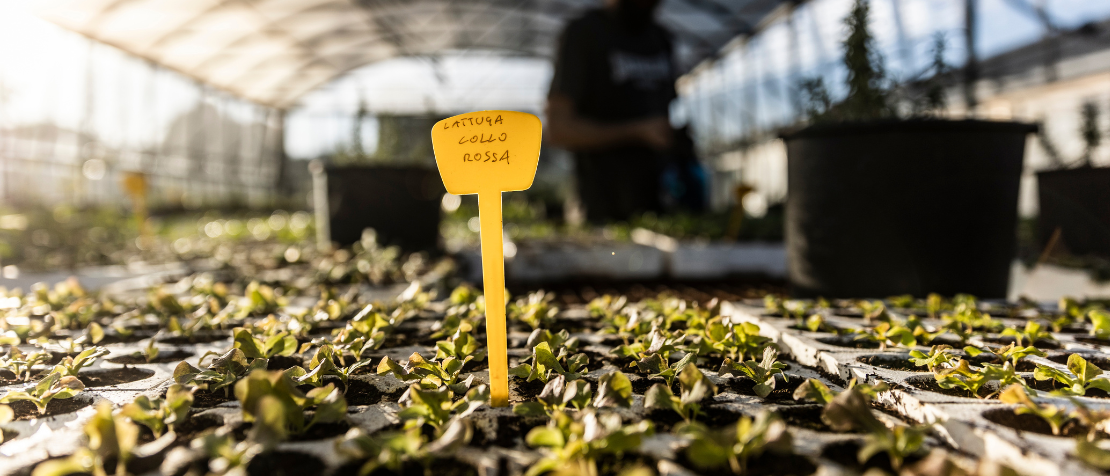International No Pesticide Use Day: the start of a future free from pesticide effects

©FAO/Cristiano Minichiello
In Central Asia, proper pesticide lifecycle management has been overlooked in past years due to gaps in the legal frameworks and a lack of experience and skill among the institutions and stakeholders responsible for managing pesticides. As a legacy of the former Soviet Union, it is estimated that around half of the global stocks of obsolete pesticides are in this region.
Many mitigation activities are being implemented under ongoing projects funded by the Global Environment Facility and the European Union, including initiatives targeting the disposal of obsolete pesticides and the prevention of new accumulations.
The first week of December calls attention to proper pesticide use and soil health, with the International No Pesticide Use Day (3 December) and World Soil Day (5 December).
3 December is the date of one of the worst industrial accidents in history, when more than half a million people were exposed to toxic gases from a pesticide factory in the Indian city of Bhopal on 3 December 1984. In 1998, 3 December was declared International No Pesticide Use Day by the Pesticide Action Network International to mark this catastrophic event and raise awareness about pesticide risks.
According to recent statistics of the Food and Agriculture Organization of the United Nations (FAO), total pesticide use in agriculture in 2022 was 3.7 million tonnes of active ingredients, marking a 4 percent annual increase and a 13 percent increase in a decade, and a doubling since 1990.
Extensive research has demonstrated that mismanagement of pesticide leads to serious health risks, environmental harm, significant biodiversity loss (including vital organisms that maintain soil health), and decreased soil productivity. These widespread adverse effects of pesticide use pose a significant threat to our food security, underscoring the urgent need for green practices.
In close cooperation with national governments and local partners around the world, FAO has undertaken many initiatives to tackle this trend and its consequences. The Global Environment Facility (GEF)-funded and FAO-managed project “Lifecycle Management of Pesticides and Disposal of POPs Pesticides in Central Asian countries and Türkiye” is implementing its activities supporting countries under two key pillars: disposal of obsolete pesticides and prevention of obsolete pesticides for better production, better nutrition, a better environment, and a better life.
FAO Agriculture Officer Tania Santivanez notes many impactful activities in the region: the improvement of legal frameworks and pesticide registration systems, inventories of obsolete pesticide, tests of internationally recommended best options for the disposal of obsolete pesticides, field trials of novel remediation approaches for pesticide-contaminated soils, field trials of integrated pest management to phase out highly hazardous pesticides, pesticide exposure assessments, technical support for countries on accession to the Rotterdam Convention, and training and awareness events to reduce pesticide use and risks.
Thanks to governments’ genuine commitments to these and other FAO interventions, national technical capacities are being strengthened to tackle the substantial amounts of obsolete pesticides while reducing pesticide use, Santivanez said.
FAO’s collective efforts in the region are helping reduce pesticide use and risk and aiding countries in avoiding any future calamities such as the one that took place in Bhopal in 1984.
Soil remediation and green technologies offer solutions to pesticide pollution and soil sustainability
